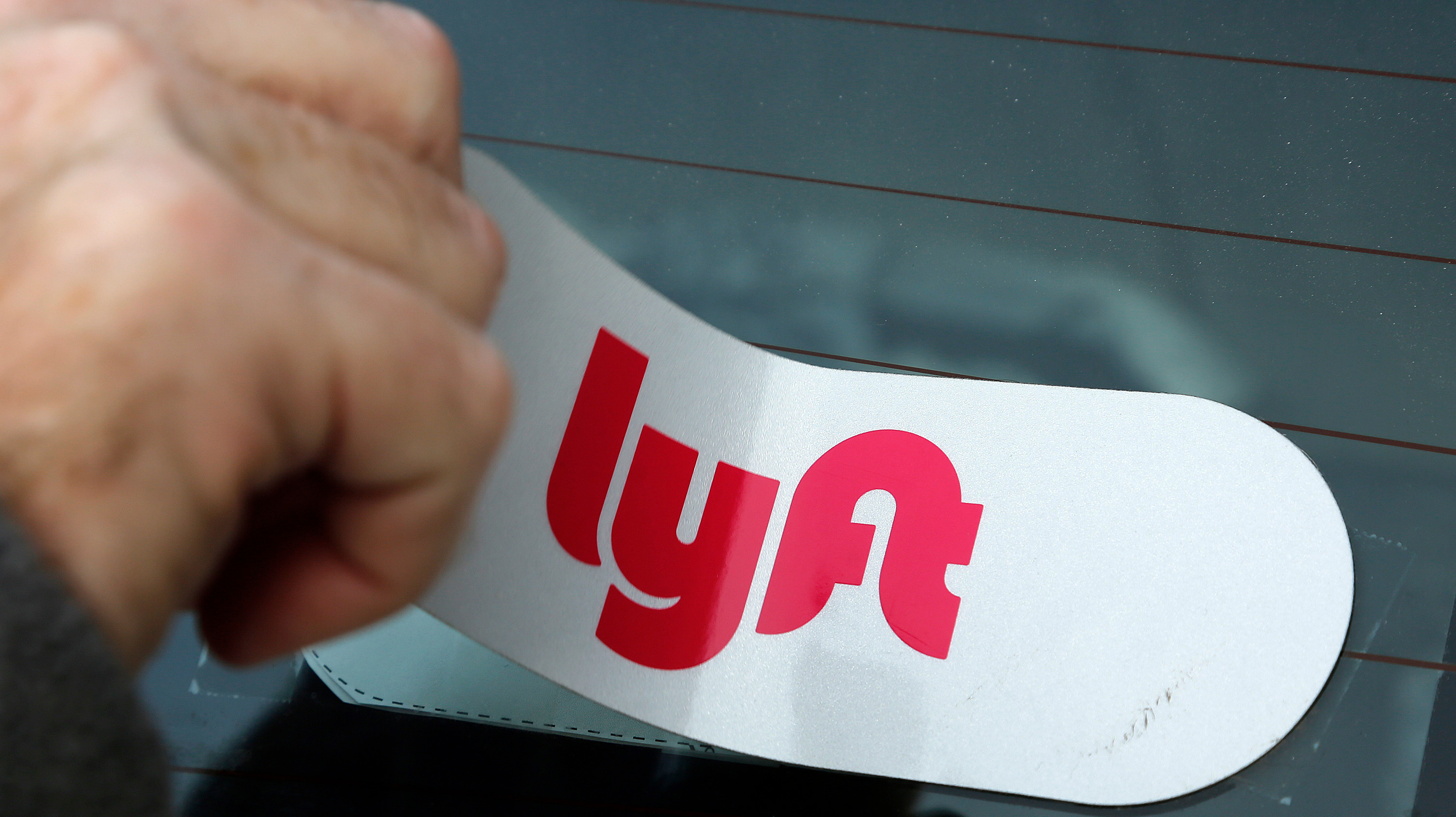Lyft Slapped With Another Class Action Lawsuit About Driver Employment Status
Lyft is facing another class-action lawsuit taking direct aim at alleged widespread and intentional misclassification of drivers as independent contractors.
The suit was filed in the Northern District of California by representatives of Lyft driver Donald Brunner Jr. of Burbank who has driven full-time for Lyft since March 2016. By the suit's estimation, Brunner Jr. has worked 42 to 70 hours per week on the platform ever since, logging 500 to 1,100 miles per week. The suit alleges he and other drivers were deprived of reimbursed expenses, overtime, and minimum wage, among other rights employees have.
This is hardly the first time Lyft has been sued over the driver classification issue. Another case, Whitson v. Lyft, was settled in June for undisclosed terms. Back in 2017, Lyft settled a similar lawsuit for $27 million, although it took almost four years to be settled and very much left the question of driver classification unanswered; it was also settled before the landmark California Supreme Court ruling in the Dynamex decision that opened the door to gig economy misclassification lawsuits. Norton v. Lyft, which was filed in Dynamex's wake, is still winding its way through the courts. For its part, Uber settled a case earlier this year for $20 million six years after it was filed.
One of the issues that gave Uber tremendous leverage in that settlement was the fact that the Ninth U.S. Circuit Court of Appeals ruled that the arbitration clauses drivers must agree to in order to work on the platform—directing legal matters to an arbitration proceeding rather than the courts—prohibited class actions.
But Brunner's representatives argue that Lyft waived its right to arbitration by not paying the necessary fees to the American Arbitration Association, which, according to the complaint, Lyft agrees to do in its terms of service. The AAA requires the fees be paid in advance of any hearing, so Lyft's alleged refusal to pay it essentially blocked the arbitration process.
Otherwise, the suit makes pretty standard arguments regarding driver classification:
-
Lyft's business is entirely dependent on drivers to provide its service;
-
Drivers lack meaningful degrees of business autonomy, including setting their own rates or building business relationships with passengers for future services;
-
Lyft unilaterally controls the terms of employment and requires drivers to maintain high ride "acceptance rates," meaning drivers do not have the freedom to cancel rides at their discretion without being punished by Lyft;
-
By giving drivers only 15 seconds to accept rides, it prohibits drivers from being engaged in any other meaningful activity even when not providing any services on the Lyft platform
If previous cases are any indication, it will take years for any type of resolution, assuming there is one at all.
We reached out to Lyft asking if they have any comment on the lawsuit and will update this story if we hear anything back.
Brunner Jr v Lyft by GMG Editorial on Scribd
